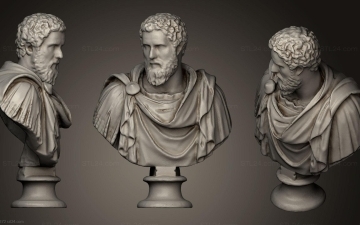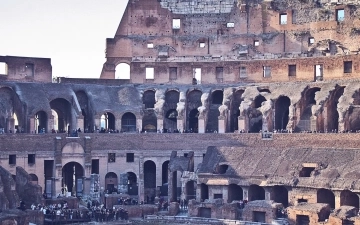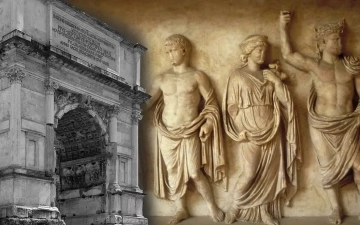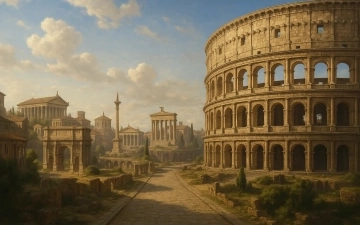The Rise and Fall of Julius Caesar: A Tale of Ambition and Betrayal
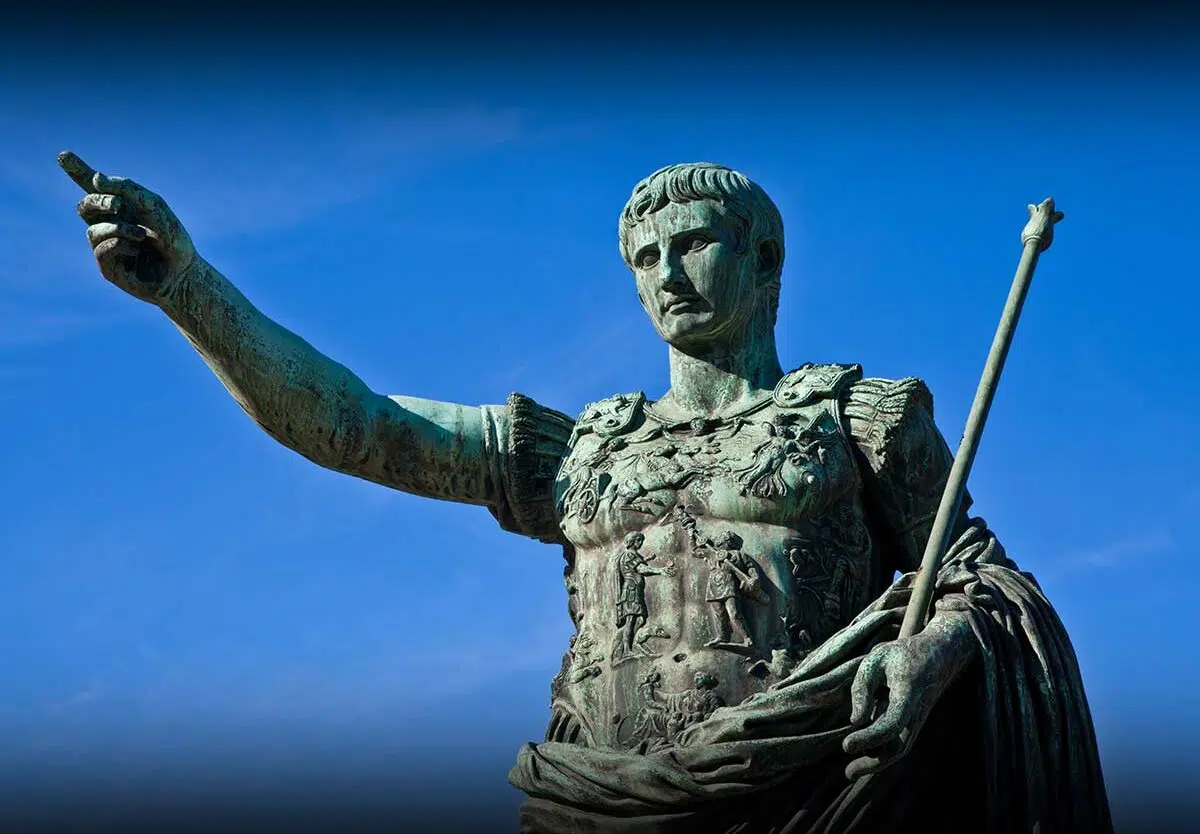
Julius Caesar, a name that echoes through the corridors of history as one of ancient Rome's most prominent and controversial figures. His life, marked by ambition, military genius, and ultimate betrayal, is a tale that continues to captivate and intrigue.
The Ascent of Ambition
Julius Caesar was born in 100 BCE into a patrician family, but his early life was far from auspicious. He began his career as a military officer, showcasing early signs of brilliance on the battlefield. His conquests in Gaul not only expanded Rome's territory but also solidified his reputation as a formidable military leader.
Caesar's ambitions, however, extended beyond the battlefield. He ventured into Roman politics, forming alliances with influential figures like Pompey and Crassus. This triumvirate held immense power and influence, propelling Caesar toward greater prominence within the Roman Republic.
The Crossing of the Rubicon
The Rubicon River, a seemingly innocuous waterway, became the stage for a momentous event that changed the course of Roman history. In 49 BCE, Caesar, at the height of his power, defied the Senate's orders and crossed the Rubicon with his army, effectively declaring war on the Roman Republic. This audacious move ignited a civil war, pitting Caesar against his former ally Pompey.
Caesar's military prowess and strategic brilliance led to a series of victories, culminating in his triumphant entry into Rome in 45 BCE. With Pompey defeated and the Senate subdued, Caesar was now the unrivaled master of Rome.
The Ides of March: Betrayal and Assassination
But power often comes at a cost, and Caesar's increasing authority began to worry the Roman Senate. On the fateful day of March 15, 44 BCE, a group of senators, including his trusted friend Brutus, betrayed him in a conspiracy known as the Ides of March. In a shocking act of violence, Julius Caesar was assassinated, ending his remarkable journey with a brutal and tragic demise.
Legacy and Impact
Julius Caesar's death did not mark the end of his influence. Instead, it set in motion a chain of events that eventually led to the rise of the Roman Empire. His adopted son and heir, Octavian (later known as Augustus), would go on to become the first Roman Emperor. The period that followed, known as the Pax Romana, was a time of relative peace and stability, characterized by territorial expansion and cultural flourishing.
The life of Julius Caesar is a compelling narrative of ambition, conquest, and betrayal. His rise to power and tragic downfall continue to be a subject of fascination and debate, serving as a testament to the complexities and drama of Roman history. Caesar's legacy endures not only in the annals of history but also in the echoes of ambition and betrayal that resonate through the ages.
Related Posts
Didius Julianus: The Emperor Who Bought the Roman Empire
The year 193 AD was a tumultuous one for Rome. The assassination of the capable Pertinax plunged the empire into a crisis of leadership. The Praetorian Guard, the elite imperial bodyguards, found themselves without a master and, true to their corrupt nature, decided to auction off the imperial throne. In...
Read MoreCreating a Welcoming Worship Space: Tips for Choosing Inclusive Church Chairs
An inviting and inclusive church environment is paramount for fostering a strong sense of community and belonging. While theological beliefs and welcoming greetings are essential, the physical space itself also plays a significant role. One often-overlooked element that can significantly impact inclusivity is your church seating. This post dives...
Read MoreFrom Ancient Rome To Today: 4 Games Played By Emperors And Their Modern Equivalents
In history, Ancient Rome had rulers who enjoyed games that involved intelligence and risk-taking. The interesting part is that some of these games have now evolved to their modern versions that still entertain people. When we look at the Ancient Roman history of emperors having fun, most of them went for...
Read MoreVespasian: Rebuilding Rome and the Legacy of the Flavian Dynasty
The Roman Empire has seen its share of dynasties and emperors, but few have left as lasting a legacy as Vespasian and the Flavian Dynasty. Vespasian, the founder of this dynasty, rose to power during a time of turmoil and financial crisis and proceeded to transform Rome. In this article,...
Read MoreThe Challenges and Blessings of Being a Christian in Modern Times
Christianity, born in a time of Roman rule and cultural upheaval, has always thrived amid paradox: power through humility, victory through suffering, life through death. In modern times—marked by rapid technological advancement, shifting moral landscapes, and growing religious pluralism—being a Christian is both profoundly challenging and richly rewarding. It calls...
Read MoreMajestic Ancient Rome: Unveiling the Timeless Splendor of Ancient Roman History Architectural Marvel and Colosseum
Introduction The history of Rome is an intricate weave of power, culture, and art. It gives ample narratives ever since the rise of the Roman Republic until the Empire Era Greco-Roman civilization is captivating for the world, historians and travelers as well. In this article we tell the story of...
Read More

















